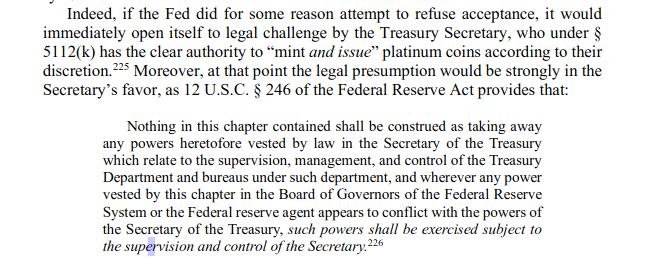
"I really do see a faster payments system simply as a public good, & the lack of action here creates a real void in the lives of consumers everywhere, & these voids are increasingly being exploited by companies looking to operate as financial institutions without the guardrails"
"Facebook's Libra is being trotted as a solution to the unbanked. However I struggle to see how [outsourcing] the function of the central bank solves an issue of resources. Instead we should be using preexisting infrastructure to ensure that all people have the ability, safely &
securely, and with no cost, to move their money 24/7, 365 days a year. So again, let's not lose sight of the plot, Mr. Chairman, and the plot is the American people. I hope to see your organization become more reflective of the lived experiences and everyday needs of Americans."
- Fantastic line of questioning of Chairman Powell from @AyannaPressley.
• • •
Missing some Tweet in this thread? You can try to
force a refresh











